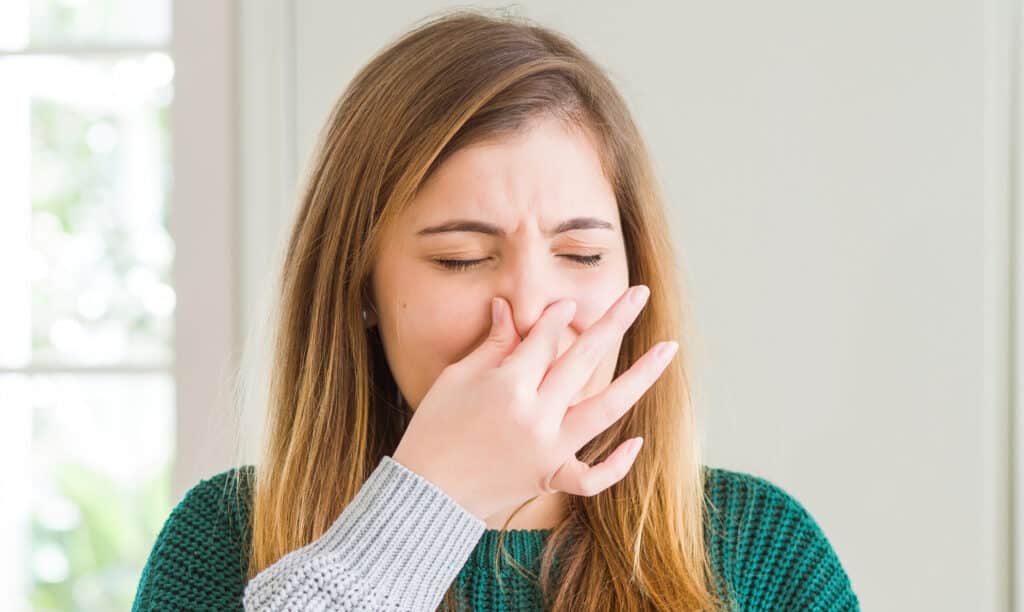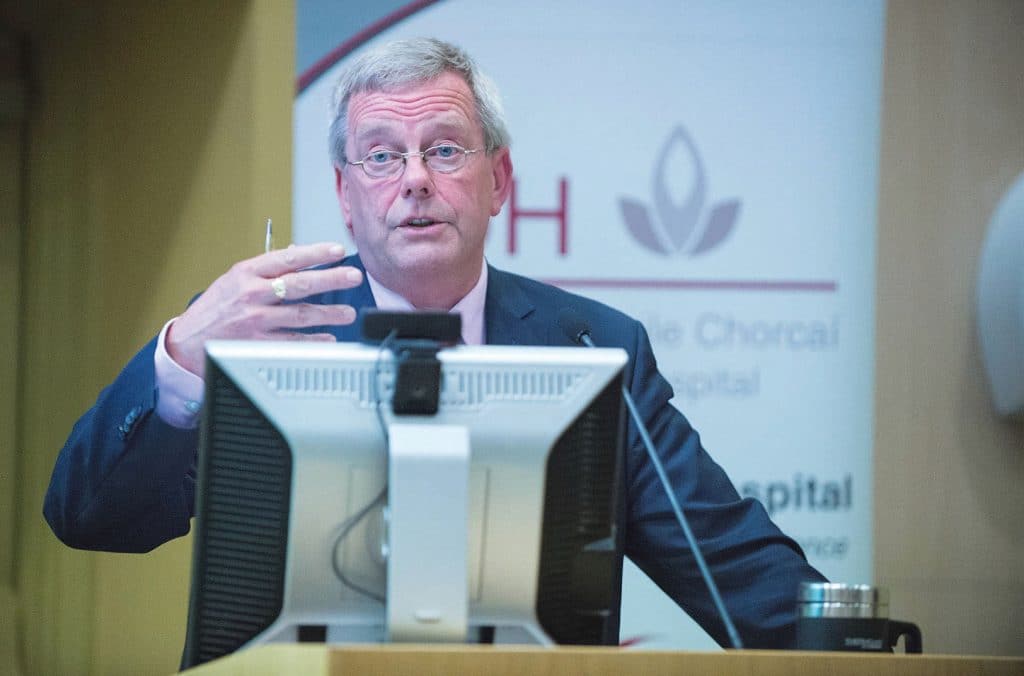
This January, I’m focusing on breathing — why it’s vital to breathe correctly, the damage poor breathing does to our bodies and minds, and how to build healthier habits.
You might think, ‘Breathing? Isn’t that automatic?’ In some ways, you’re right — we take about 25,000 breaths daily, both day and night, without a second thought. But are we doing it right? And could we do it better? Unfortunately, many of us have developed poor breathing habits that contribute to a surprisingly large range of health problems.
I have to say, I think this is one of the most important topics I’ve ever explored. My interest in the importance of breathing was reignited this Christmas when I read ‘Breathe’ by James Nestor. Cover to cover, it fascinated me. I knew it had to be the first topic I tackled in 2025.
Nestor’s book is both informative and engaging — a true page-turner. It chronicles his journey to becoming a “pulmonaut”, as he consults breathing experts worldwide, tests techniques, and uncovers the science behind the art of breathing. What makes the book so compelling is its blend of facts, personal stories, and ancient wisdom. The subtitle, ‘The Science of a Lost Art’, perfectly captures this mix, showing how much we’ve forgotten about proper breathing and the life-changing benefits of reviving it.
Nestor shares modern experiments conducted by scientists and even participates in some himself, proving how poor breathing habits harm our health. From ancient practices to cutting-edge research, he reveals how something as simple as breathing better can profoundly impact our lives.
For years, I’ve been curious about breathing. Yoga and meditation have shown me how breathwork calms and focuses the mind, but this book opened my eyes to how improper breathing impacts our overall health — and how we can fix it.
When my daughter was young and experienced viral asthma, we discovered the Buteyko method, a Russian breathing technique (taught locally here in West Cork) which has remarkable benefits for asthma sufferers. Although she was too young to fully practice it, we picked up tips that helped, like clearing a blocked nose effectively. I still use some Buteyko habits myself, such as taping my mouth at night, which improves my sleep and prevents dry mouth. I also use a Buteyko method to reduce my breathing if I wake during the night — it works wonders.
Later, when the asthma subsided, we visited an orthodontist in Cork who stressed the importance of nasal breathing for children. Mouth breathing, he explained, disrupts dental development and overall health. Dentists worldwide are recognising the connection between poor oral health and improper breathing, and also the impact that mouth breathing (and eating too much soft food that doesn’t need chewing) can have on how our faces develop.
James Nestor’s ‘Breathe’ is the most comprehensive book I’ve found on this subject. It offers insights for everyone — from young people building good habits to those struggling with issues like sleep apnea. It also covers reducing snoring, improving sleep, enhancing athletic performance, and reducing chronic inflammation.
Here are some key points from the book:
Shut your mouth: Around half of us are chronic mouth breathers, a habit that irritates the lungs, increases respiratory infections, and depletes moisture in the body. Mouth breathing is also linked to bad breath, sleep apnea, and other health issues. In contrast, nasal breathing filters, warms, and humidifies air, encouraging fuller, slower, and deeper breaths. You can also look into taping your mouth at night – I use paper tape bought in most good pharmacies.
Breathing affects your body and mind: Nestor highlights how our breathing influences everything from heart rate to stress levels. Slow, deep breathing and techniques like pranayama (yogic breathing exercises) can reduce stress, lower blood pressure, and improve focus and relaxation. Better breathing habits can have an immediate and lasting impact on both physical and mental health.
The dangers of chronic over-breathing: One of the book’s revelations is the concept of ‘chronic over-breathing’. Modern lifestyles have led many of us to breathe too much air, disrupting the balance of gases in our bodies. Over-breathing lowers carbon dioxide levels, which impairs oxygen delivery to cells and leads to fatigue, headaches, and poor performance.
Chewing for better breathing: Our ancestors ate tougher, chewier foods, which strengthened their jaws and improved breathing. By incorporating more chewing — whether through harder foods or even gum — we can improve our jaw structure and overall health. James took up a regime of chewing more and he strengthened the bones in his face significantly, which is a remarkable feat.
The perfect breath: Nestor shares what researchers consider the ‘perfect breath’: 5.5-second inhales and 5.5-second exhales, equating to about 5.5 breaths per minute. This rhythm maximises oxygen and carbon dioxide balance, improving health and performance. I’ve started using an app called ‘Paced Breathing’ to practice this, and it’s been very interesting. He also draws attention to how easy it is to unconsciously hold your breath while working online/dealing with emails – it’s even got it’s own term, Email Apnea! This resonated with me, and I’m consciously trying to practice the ‘Perfect Breath’ while working on my laptop. It’s not easy but the stress caused by unconscious breath-holding isn’t good for us, so it’s worth trying to change that habit.
If you’re intrigued, I highly recommend ‘Breathe’ by James Nestor. We have a few copies for sale in Organico (in-store only), but you’ll also find it in bookstores or your local library.
For those dealing with asthma, sleep apnea, or snoring, I suggest exploring the Buteyko method. There are many practitioners across the country offering personalised courses to help with these issues — without relying on medications or intrusive machines. You’ll find someone in your area if you search online.
Wishing you a happy and healthy January from all of us at Organico. We’re here to support you and your family to stay healthy and well this year. Come and visit!
We’re open 9 am–6 pm, with our Deli serving coffee, cakes, and lunch from 9 am–4 pm. If you can’t visit in person, our online shop is shipping across all 32 counties at www.organico.ie.



